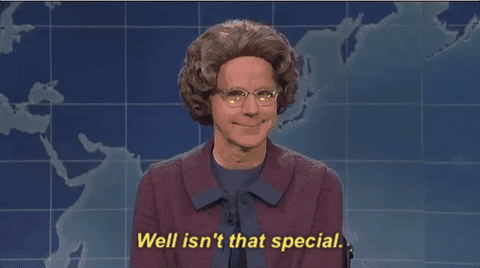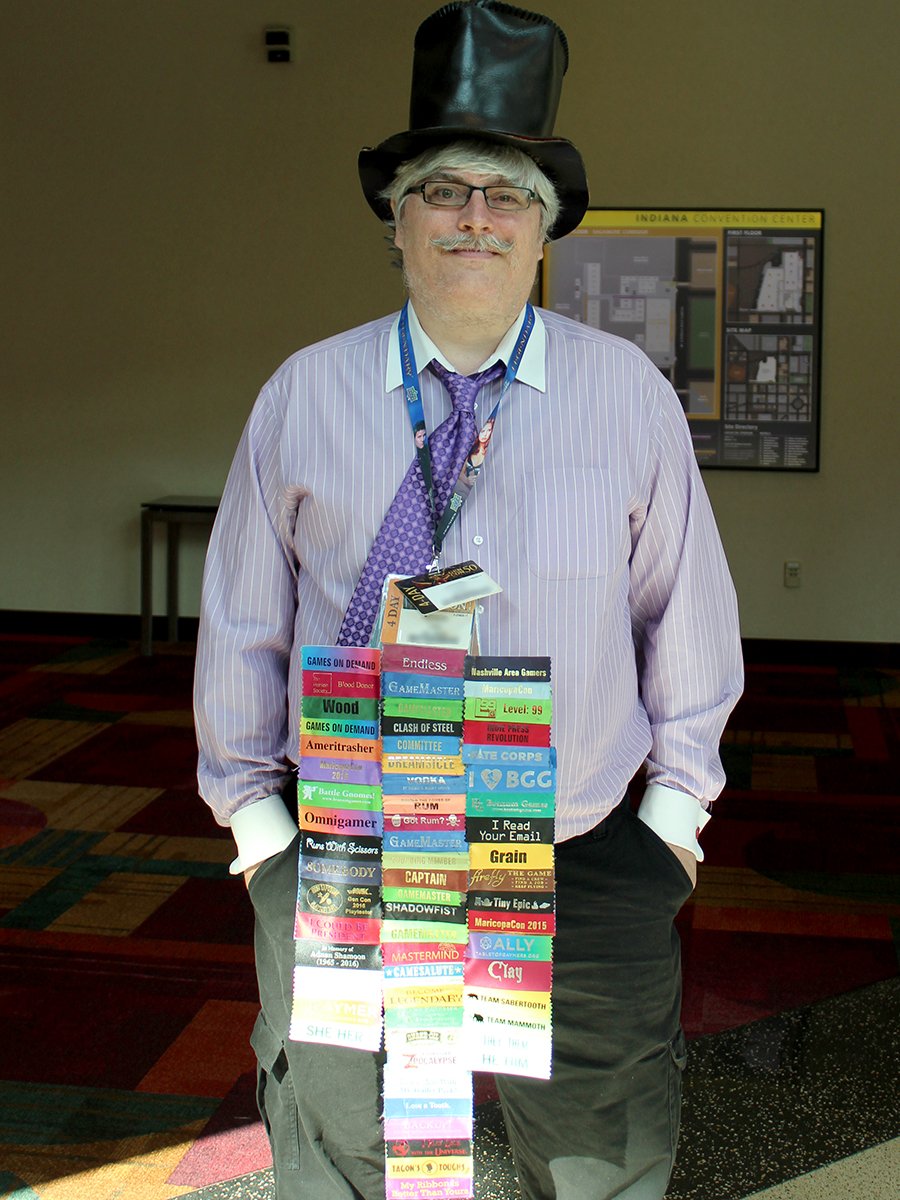- Joined
- Feb 10, 2011
- Messages
- 564
- Reaction score
- 1,039
I feel pretty good with reading the basics of a head CT on my own. I could confidently identify a dissection flap, or a large saddle PE, pneumonia/hemothorax, mass etc. Honestly, so could a medical student.
But once I get into the abdomen, it's just a bunch of mush. I can make out the major organs but I just don't feel that confident in making a diagnosis. Fat stranding? What?
Unlike X-rays, which I feel like is a requirement to interpret and read on our own, how often (if ever) are we expected to read CTs? The community site I rotate at has 24/7 radiology reads on CTs, however overnight the ED docs read plain films.
I have some residency elective time coming up and wondering how much of this I should focus on radiology, specifically reading CTs.
I continue to try to look at all abdominal CTs and correlate the images with the radiologist interpretation, but most of the time I don't know what the hell they are looking at.
But once I get into the abdomen, it's just a bunch of mush. I can make out the major organs but I just don't feel that confident in making a diagnosis. Fat stranding? What?
Unlike X-rays, which I feel like is a requirement to interpret and read on our own, how often (if ever) are we expected to read CTs? The community site I rotate at has 24/7 radiology reads on CTs, however overnight the ED docs read plain films.
I have some residency elective time coming up and wondering how much of this I should focus on radiology, specifically reading CTs.
I continue to try to look at all abdominal CTs and correlate the images with the radiologist interpretation, but most of the time I don't know what the hell they are looking at.








